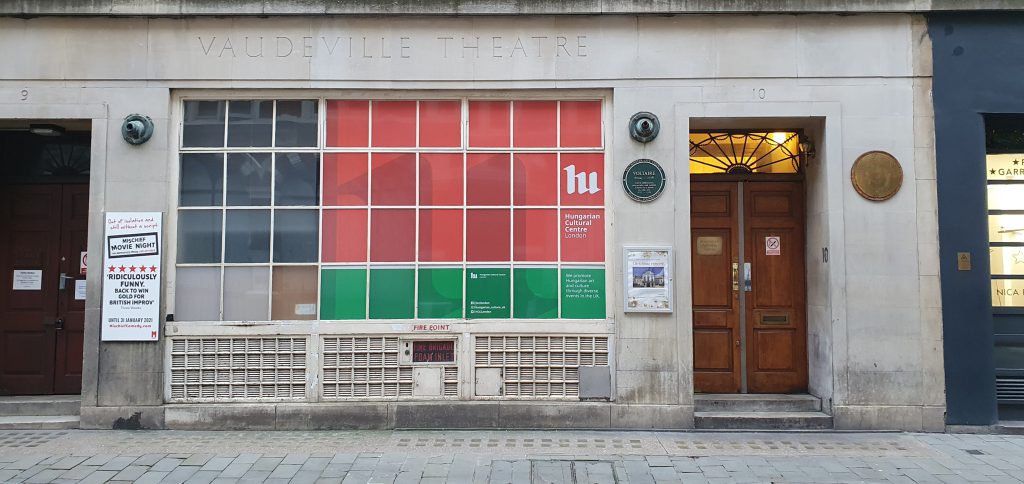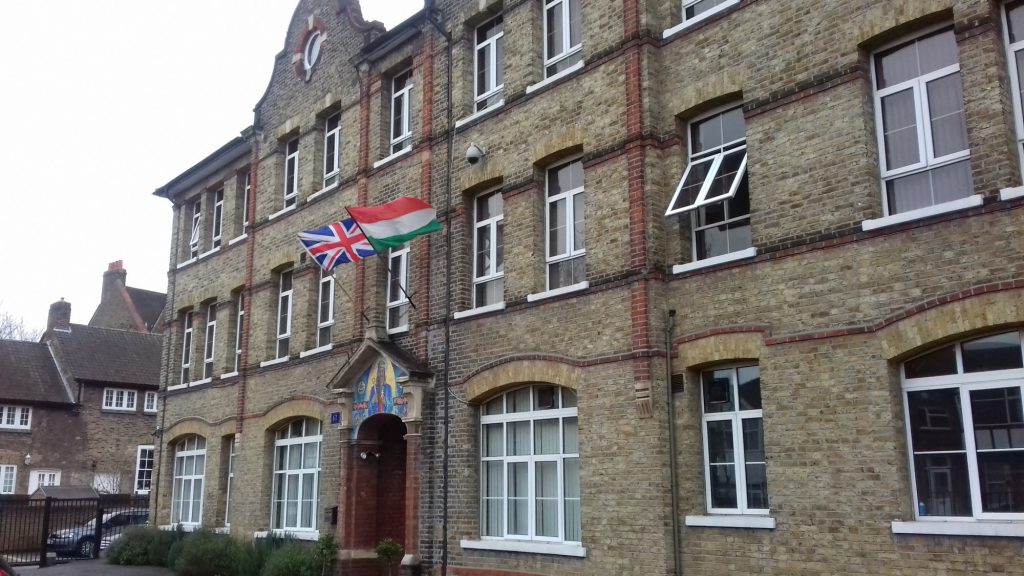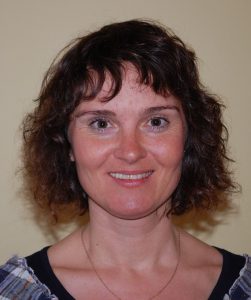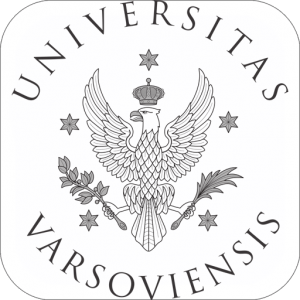One of the interviewees said few weeks ago that the true impact of Brexit is yet to come. And indeed in September 2021 serious supplies shortages are painfully experienced by the Brits making queues for petrol, empty shelves in supermarkets (which are compared by older Poles to the situation of late communism in the People Republic of Poland). It concerns not only petrol, especially diesel, at gas stations or food in supermarkets or garbage collection in a number of towns, blood tests, some drugs in pharmacies. Jonathan Freedland recently wrote in The Guardian (24 Sept 2021), that these different crises have a common denominator – Brexit. Politicians do not say it loudly and sometimes try to cover it with the pandemic, but the true and main reason of these problems lays in the long-term consequences of Brexit, recently mainly in the dramatic shortage of truck drivers. The situation there is complex but has also roots in Brexit as the drivers were usually immigrants, many of whom came from the Central-Eastern Europe. Some of them left after the referendum, fewer new came because of the Brexit regulations and those who did not leave changed their work strategy – as they don’t expect any problems with employment, they resigned from permanent positions and went to agencies to work on an hourly rate.
Also the Polish migrants point out numerous problems they are experiencing now which were non-existent before: the quality of goods went down, especially meat. One of interviewees said she started to use a local butcher as the meat in supermarkets became uneatable; another interviewee, who has just came back to Poland after 16 years told how much trouble he had with transporting his belongings – the postage companies became slow and unreliable and the customs he would have to pay would be a fortune. Finally he decided to rent a truck and drove all the way to Warsaw with his books and furniture; sending packages to Poland suddenly became unprofitable so many people started to order goods outside the UK giving the Polish address. The packages are then picked up by their relatives in Poland and then migrants take the products when they visit their families – all this only to avoid customs and high postage costs; Although it may not still be very visible in the diagrams, but interviewees observe an outflow of their kin from the UK, so very often their Polish hairdresser is no longer there which causes the necessity to change life routine and habits; Prices went up, some of the basic products cost 25 % than they used to before Brexit – this is caused mainly by customs and constant problems with the supply chains.
Not only the Poles ceased to choose Britain as an attractive goal of permanent migration, but they stopped coming here for seasonal jobs. It simply became too complicated and less rewarding comparing to many EU destinations. Also the sole consciousness that Britain is no longer European Union makes it rather unlikely that young Poles would even consider choosing the UK as a holiday work destination. They would go to Norway, the Netherlands or, increasingly often, remain in Poland.
This is reinforced by the fact, that they feel less welcome there. Most of the Polish interviewees observed the shift that the referendum made with the Brits. Many Poles were complaining that the pro-Brexit campaign broke the famous British political correctness and (sometimes artificial) kindness. As people saw that majority of the voting population have had similar thoughts regarding the migrants as they have, it has become more in place to openly declare intolerance or hostility. Occasionally migrants experienced this discrimination on their own skin. Although this wave of hostility has mostly gone away after the campaign, some of the interviewees still observe a changed approach comparing to the one from before 2016.












